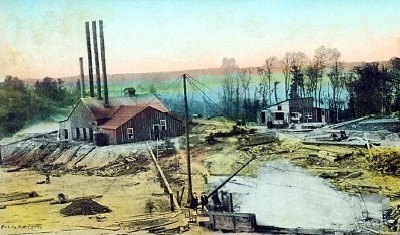
1910
“A growing fear of “boys in trouble” leads to the founding of Minnesota’s first Boy Scout troop, only eight months after the organization arrives in the United States from England.” *
What can I say and pray about the Scouts, Lord? For openers, thanks that it’s founders sought a way to connect boys with each other. Each Scout is an important part of his troop. For many, this is a first affirmation of their value as a human being and in his maleness. He learns that he can do his part and become worthy of trust.
Even in failure, like forgetting key food items for a camping trip, the troop may rib him, but ultimately close ranks and support him. That Scout learns, “ I can make do if I’m in need, and overcome temporary discomfort.” What an important lifelong lesson!
Next, the Boy Scouts will get a child or teen out of his home environment. A city kid will see places that are truly wild and untamed. He will get to know nature, stop fearing the outdoors, and learn a proper respect for living things. He may explore the deserts, make camp in the snow, or learn wilderness survival. The Scouts exist to both invite and instill a sense of adventure in young men.
Finally, a Scout becomes aware that he can learn expertise. A simple item, like a rope, becomes the means to teach him knots and lashings, but also symbolically recognizes his work by earning a merit badge. Why do the Scouts collect merit badges? Maybe, because its a tangible symbol of honor given by significant males, and then reinforcing the message in a ceremony that says“Well done!”
Lord, thanks for this important event in 1910. Thanks for, thereby, giving thousands of boys a place to belong, share adventures, learn life skills, and to give and receive honor. Will You help them thrive in helping Minnesota boys become men? Will You give us inspiration as a society to create more pathways, like the Scouts, that call our boys out of complacency and into a life of purpose, expertise, relationship, and adventure?
* http://www.mnhs.org/about/dipity_timeline.htm
**More on the character traits taught by the Scouts. http://www.boyscouttrail.com/content/content/scout_law-1760.asp









